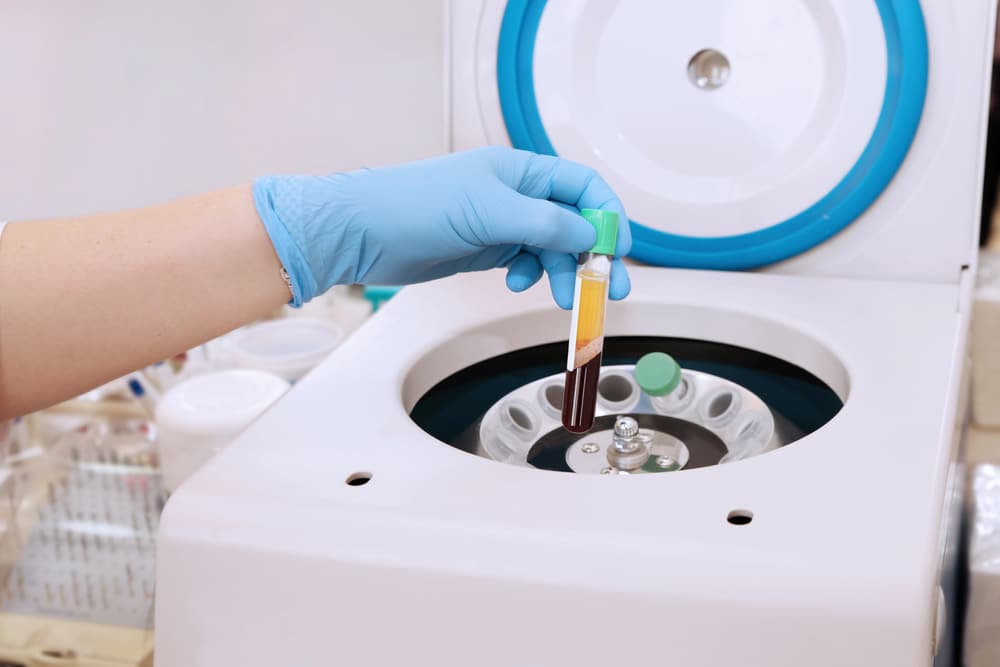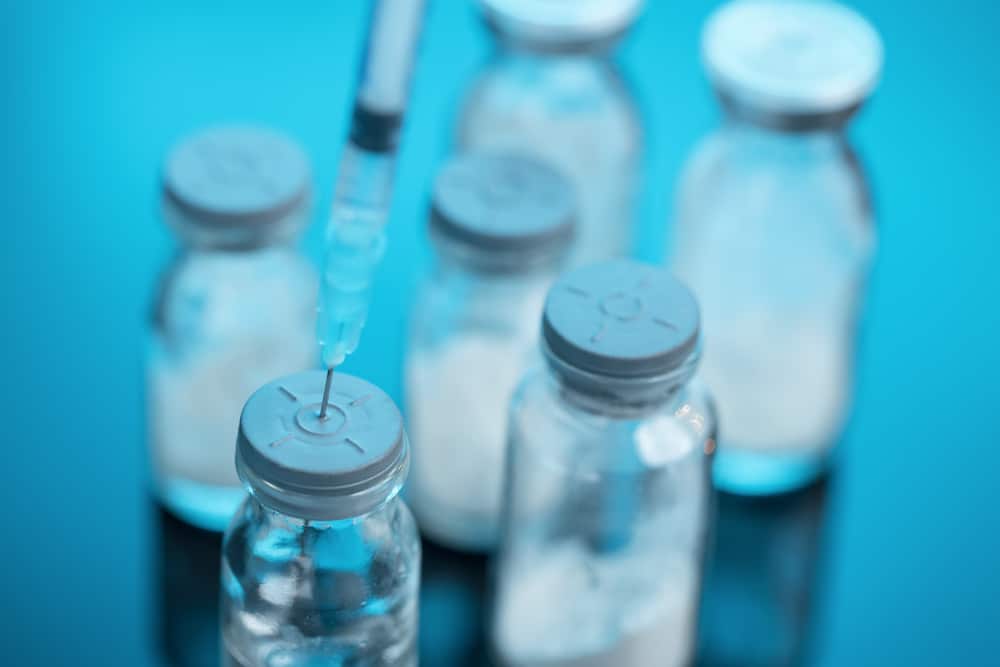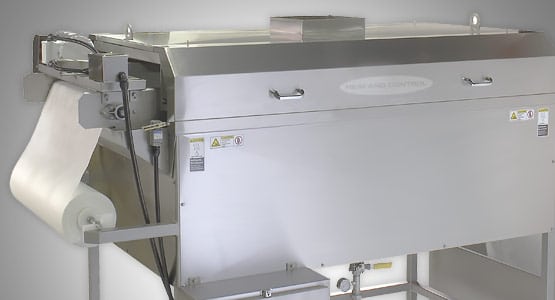When it comes to nonwovens, meltblown is top.
According to Nonwovens Industry:
“During the past 12 months, as the globe has faced the challenges of a global pandemic, meltblown nonwovens have emerged as a crucial element in protecting against the Coronavirus. These materials comprise the key effective layer in N95 face masks and respirators and were found to be in extremely short supply at in early 2020 as the Coronavirus spread across the globe.
“This shortage won’t last long, however, as dozens, if not hundreds of meltblown lines are slowly coming onstream across the globe to meet demand for face mask and respirator materials.
“’About one year ago, it became apparent that face masks and respirators were the best course of defense against the virus,’ says Ashish Diwanji, president of Lydall Performance Materials. ‘We heard from customers and associations that supply of these materials used in hospitals had stopped because China—where many of them were made—had prioritized the needs of their own country.’
“As healthcare workers and front line workers scrambled to gain access to personal protective equipment (PPE), meltblown equipment manufacturers began bracing for an unprecedented surge in demand.
“Reicofil, a German producer of meltblown equipment, began ramping up meltblown machinery production even before the orders started coming in, according to Marcus Müller, head of sales.
“’We thought something may be coming–so in January or February, we started to just start manufacturing three meltblown lines at our own risk,’ he says. ‘If we had known what was coming, we would have made a few lines more but there was no way to predict the surge in demand.’
“Initially, Reicofil was fielding hundreds of inquiries per day both from companies well established in nonwovens and companies that were looking to capitalize on demand. Even though many inquiries did not bear fruit, sales skyrocketed and Reicofil has been delivering up to one meltblown line per week—significantly more than two per year, which was what the company sold in 2019.
“’If you had told me this 14 months ago, I would of thought it was insane, unthinkable but with the right team, and the right effort, anything is possible,’ Müller says.
“To speed up its delivery times, Reicofil made the decision to stick to standard designs, offering only 1.6- and 3.2-meter lines and making its operation as lean as possible. Additionally, Reicofil partnered with a company nearby whose business was suffering and rented space, workers and machinery.
“According to nonwovens industry consultant David Price, the number of new meltblown lines and their collective capacity varies widely by region.
“The largest increment in new meltblown capacity installed since the outbreak of Covid-19 (mid first quarter of 2020) across the world has been in China where an estimated 100 lines have been added. Behind China, the greater Europe region including Turkey and the U.K., has seen the second highest number of stand-alone meltblown investment in 2020-2021 where 25-30 lines have or will soon be commissioned. In North America, one line will be installed in Mexico to serve face mask demand while 20 additional standalone lines have or will soon be commissioned elsewhere on the continent. Additionally, some existing meltblown lines were repurposed to supply face mask demand after the pandemic outbreak, some of which remain in production to serve face mask demand.
“According to Price, like in China, there were many more stand alone meltblown lines announced for purchase in the first half of 2020 in the Western world than will be installed. ‘Early interest and even contracts with a number of potential new investors to acquire meltblown capacity has faded or been canceled due to unavailable funding or reduced interest,’ he says.
“A listing of stand-alone meltblown investment by line, region and capacity will be included, in the soon-to-be-published Price Hanna Report, Spunmelt and Melt Blown Polypropylene World Capacities, Supply/Demand, Manufacturing Economics and Profitability 2015, 2020 – 2025.
“According to Price, not all of the surge capacity added in 2020-21 will be needed as demand stabilizes and then ebbs. ‘We think that meltblown nonwoven demand will remain elevated but stable during 2021 and weaken in 2022 particularly that to serve face mask demand,’ he says. ‘We think there will be some capacity rationalization in 2022 as face mask demand subsides but not as dramatic as one might be led to believe.’
“According to Claudia Henkel, marketing and communication specialist, Oerlikon Neumag, recent line investments will continue to produce face mask materials throughout the life of the pandemic, which has changed the requirements and demands of meltblown nonwovens. ‘Special emphasis is placed on quality. In this respect, nonwoven producers with new lines and leading technologies have an advantage.’
“Below is a summary of some of the many recent line investments of meltblown nonwovens.
Armbrust American
“PPE manufacturer Armbrust American diversified into meltblown, after noticing widespread shortages for the material in North America.
“’Nine months into this pandemic, a lack of domestic manufacturing is the only explanation for why America still does not have enough PPE,’ says founder and CEO Lloyd Armbrust. ‘Investing to produce our own meltblown means we aren’t dependent on other countries, who are more than willing to profit from our lack of preparation.’
“’PPE prices skyrocketed globally during this pandemic because China controls the supply, and the situation is scarcely better today. So when demand for PPE rises, America is once again at their mercy, unable to deliver products and held hostage to rampant price gouging,’ says Armbrust American president Landon Morales. ‘We can’t rely on other countries to supply masks. America needs to take care of itself.’
“Armbrust is manufacturing a new Electrostatic Armor Meltblown, the company’s new proprietary blend of meltblown filtration material that more easily adds a static charge and allows those wearing a mask greater breathability. Despite the premium quality and proprietary process, the company is still able to keep costs lower than what is sold from China.
Berry Global
“Berry Global, the world’s largest nonwovens producer, was one of the earliest and most ambitious investors in meltblown technology. At the start of the crisis, Berry was wrapping up construction on a new meltblown asset in Asia, which had been planned prior to the Coronavirus outbreak, in an effort to drive growth in areas like filtration media. The company soon expanded its meltblown output to encompass four continents, bringing its total number of meltblown lines globally to nine and giving the company the ability to supply locally in all four major world regions.
“New meltblown assets include a new line in Latin America—Berry’s first in Latin America—which is based on the company’s proprietary Meltex technology using a proprietary process to a durable charge on the fabric. This significantly increases filtration efficiency and comfort making it ideal for N95/FFP2/FFP3 respirators and high performance NIOSH-rated surgical/medical procedure masks.
“Additional meltblown investments from Berry include a new line in the U.K., a result of a collaboration with The Medicom Group, to design a manufacturing solution and guarantee the supply of nonwoven fabrics intended for use in the production of hundreds of millions of face masks annually as part of an agreement with the British Government. Medicom is one of the world’s leading manufacturers of medical and respiratory masks.
“Meanwhile, in Europe, Berry has added Meltex meltblown capacity at its sites in Germany and France. Both will incorporate the company’s patented charging technology. The line will also focus on the production of highly efficient filter material for premium FFP2 (N95) and FFP3 (N99) grade filter media.
“Additionally, early in the pandemic, Berry converted an existing pilot line in Waynesboro, VA, to a commercial operation to supply the face mask market.
Biax-Fiberfilm
“Biax-Fiberfilm Corporation has expanded meltblown fabric production for N95 masks and other medical applications in response the increased demand for the material globally.
“’The purchase of a former Kimberly-Clark facility in Neenah allows us additional space, plus some of the common machine parts (usually long lead time pieces) that will assist with our fast scale up,’ says president Doug Brown. ‘The plant is a mix between old and new technology developed by Biax-Fiberfilm.’
“With Brown’s patented technology and association with the world’s premier equipment supplier, Reifenhauser, the transition is expected to be a smooth one. Three 60-inch-wide production lines are planned. The nonwoven meltblown fabric and a patented spunblown system produces fabrics that few others in the world can create.
“These complicated nonwoven fabrics consist of synthetic fibers stretched in an airstream and flattened into rolls for mask production. Exacting standards must be met, and quality controls are part of the process. ‘Our materials have been used in masks, physicians’ PPE and in the filtration industry,’ says Brown. ‘A key is the breathable, yet tight ‘knit’ result that keeps out the virus.’
Don & Low
“Don & Low will add a new meltblown line in Forfars, Scotland, with the help of the Scottish Government. The government reportedly supplied £3.6 million of the £4.5 million cost of the supply and installation of the new line, which will produce meltblown material filter fabric for use in FFP3 masks, the highest designation of respirator.
“It will make Don & Low one of a handful of companies in Europe capable of supplying the filter material used to make the respirator masks.
“Don & Low director Colin Johnson says: ‘We are pleased to be supported in making this new investment that will allow us to use our existing expertise to address the shortages of these key materials during the Covid-19 pandemic and beyond.’
Fitesa
“In November, Fitesa announced it would add several meltblown lines as part of a 55,000 metric ton expansion. These plans include improvements to an existing meltblown line in Gravatai, in August 2020 as well as a brand new Reicofil meltblown line which was complete in late 2020.
“Additionally, Fitesa has added new meltblown capacity at its sites in Trezzano Rosa, Italy, Peine, Germany and Simpsonville, SC, which should come onstream in November, December and January, respectively. These lines will also contribute to Fitesa’s product portfolio for surgical masks and respirators.
“’2020 has been a challenging year for all of us. I am pleased with our ability to respond fast in approving new investments that continue to expand our presence in the hygiene and healthcare markets, while also moving forward with important existing projects,’ says Silverio Baranzano, Fitesa’s CEO.
Freudenberg Performance Materials
“Freudenberg Performance Materials is expanding its production capacity for nonwoven media used exclusively to manufacture certified face masks of the mouth-nose protection type pursuant to the EN14683 standard, as well as FFP1, 2 and 3 masks pursuant to the EN149 standard. The media are specially developed for and sold to the medical technology processing industry. The additional capacity will be made on a new state-of-the-art meltblown production line at its Kaiserslautern, Germany, site. The line should be complete in the first quarter of this year.
“’As a world-leading manufacturer of technical textiles and filtration media, Freudenberg Performance Materials has deep expertise in materials for certified face masks. By expanding our production capacity in Kaiserslautern, we are making a contribution to mastering the challenges presented by Covid-19 and supplying certified type face masks as well as FFP1, FFP2 and FFP3 masks in Germany and Europe,’ CEO of Freudenberg Performance Materials, Dr. Frank Heislitz, says.
Gulsan Group
“Gulsan Group added a 3.2-meter meltblown line in Turkey. The line, which is being supplied by Reicofil, began commercial production in November 2020. It will make enough material for 250 million face masks per month.
“Gulsan decided to invest in the meltblown line after the Coronavirus was first detected in China. Gulsan will supply the meltblown in Turkey and the EMEA region.
Innovatec
“Innovatec has begun operating its second Oerlikon Nonwoven meltblown system. The Troisdorf, Germany-based supplier ordered the line immediately after completing work on its first Oerlikon meltblown line in June 2020. Both lines make polypropylene nonwovens for use in protective face masks, which are in strong demand.
“’Back in June 2020, Oerlikon Nonwoven delivered the first so-called two-beam system to Innovatec,’ reports Rainer Straub, head of Oerlikon Nonwoven.
“Together with the second production line, the Troisdorf-based enterprise has been able to almost double its filter nonwoven output to date. The North Rhine-Westphalian company now has filter media production capacities that can be used to manufacture up to 2.5 billion operating room filter masks or a billion highly-effective FFP2 masks per year.
Lydall
“Filtration specialist Lydall has also been aggressive with its meltblown investment. The company has already started up one new meltblown line in Rochester, NH, and has another under construction there. In France, the company is also constructing a meltblown asset. Prior to these investments, Lydall operated three meltblown lines largely targeting filtration applications.
‘The first thing we did was ramp up our existing lines,’ says Lydall’s Diwanji. ‘We saw a huge demand, probably seven or eight times more than the existing capacity.’
“The new lines, which are based on fine fiber meltblown technology, will help meet local demand for face mask materials in the U.S. and Europe, which was severely lacking prior to the pandemic. Diwanji says he expects demand for this material to continue to surge throughout much of 2021.
“’There is still a long way to go for the domestic supply chain to meet demand,’ he says. ‘There is a significant shortage of N95 respirators and face masks, especially those that are made in the U.S., and we still continue to import a significant number of masks.’
“Lydall’s investment in the expanded facility and new production lines is supported by a $13.5 million commitment from the U.S. federal government. This commitment is a product of the ongoing collaboration between the Department of Defense and the Department of Health and Human Services, led by the Department’s joint acquisition task force and funded through the Coronavirus Aid, Relief, and Economic Security (CARES) Act.
Meltblo France
“Meltblo France is a newly created company located in the Burgundy Franche-Comté area of France in the city of Brognard. The commercial production launch of meltblown nonwovens has been scheduled for April 2021. Twenty-two jobs will be created, for a global investment of €4.5 million.
“The high performance Ramina meltblown line will be able to produce 500 tons of meltblown for about 500 million surgical masks per year. Meltblo France will also produce meltblown for FFP2 and FFP3 masks. The company will manufacture products based on PP polymer and in a second step with other polymers. The key for highly effective masks is the layer of meltblown polypropylene.
“The Ramina meltblown line is designed and tested in Ramina laboratories, which continuously invests in research and development to guarantee a safe, non-toxic, and comfortable product, designed for the best possible experience. With BFE (Bacterial Filtration Efficiency) ≥ 99%, the Ramina Industries meltblown line is ideal to produce type II and IIR disposable masks, with high quality standards 100% Made in Italy and European certification.
Mitsui Chemicals
“Mitsui Chemicals has expanded its production facilities for meltblown nonwovens at wholly owned subsidiary Sunrex Industry Co., Ltd., starting operations at the new facilities in January. The move comes as an effort to respond to growing demand for industrial-use meltblown nonwovens, and will increase the Mitsui Chemicals Group’s overall production capacity for these materials by 50%.
“Mitsui Chemicals is positioning its nonwovens business as a growth sector, making efforts here to supply high-quality nonwovens as industrial materials for a variety of applications. This includes use in car seats (product name: TAFNEL), masks (product name: SYNTEX) and agricultural sheets (product name: SYNTEX).
“With particular respect to SYNTEX MB nano, marketing efforts are going toward use in filters and other such applications that will take advantage of the meltblown nonwovens line’s superfine fibers, which are no more than several hundred nanometers in diameter.
Mogul Nonwovens
“Mogul, a leading manufacturer of meltblown nonwovens based in Gaziantep, Turkey, will add two new meltblown lines to its operations.
“The lines, which will both be 160 cm wide and capable of making fabrics in the 15-100 gsm range, will come onstream six months apart. The first began production in January 2021 and the second will start up in June 2021. Both lines will have electrostatic charged capabilities capable of making the N95 and higher efficiency masks as well as high efficiency filtration applications and other industrial applications.
“Mogul has been involved in meltblown nonwovens since 2000 and currently has four lines in operation.
Mondi
“Mondi, a global leader in packaging and paper, is set to build new production lines in its plant in Gronau, Germany, to produce meltblown nonwoven fabric and surgical face masks.
“’We are well positioned for the increased production of face masks and meltblown nonwoven fabric in Gronau. Our people have the needed know-how and expertise on working with these materials and the technology required. The in-house production capability of all substantial components positions us to build up a long-term competitive local supply. Once up and running, we will be able to produce more than one million face masks per day,’ says Jürgen Schneider, managing director, Mondi Personal Care Components (PCC).
“The lines will produce meltblown nonwoven fabric and surgical masks. Given the shortage of meltblown fabric in the marketplace, Mondi’s plant in Gronau will offer approximately 50% of its production to other face mask manufacturers in Europe.
Neenah
“Amidst the Covid-19 pandemic, Neenah Filtration has expanded its meltblown capacity to better meed demand for face mask materials at its Feldkirchen-Westerham, Germany production site. Neenah Filtration is continuously increasing the production of filter media for surgical masks according to the BFE standard as well as FFP1, FFP2, FFP3 and P3 masks based on meltblown nonwovens.
“In addition, Neenah Filtration is converting other media production machines needed to combat the Covid-19 pandemic. These machines will make materials for face masks used by civilians to protect against the spread of the virus. Benefits of the material are the prevention of droplet infection, excellent strength properties and the possibility of a combination with different materials. It can also be used as one layer.
Nonwovens Ibérica
“Nonwovens Ibérica installed the first production line in Spain of meltblown nonwovens at the end of 2020. The new high performance meltblown Reifenhäuser Reicofil line will represent a strategic value for the country of Spain in terms of self-supply of essential products, as it will be the first national high-performance producer of meltblown with production capacity for the manufacture of 1.5 billion face masks per year. With this investment, Spain will have the entire supply chain for the manufacture of masks made in the country.
“’The Spanish industry has to respond to the evident needs left by this pandemic. Nonwovens Ibérica is now committed to a new line of business with which we intend to supply our country, and beyond, with a material of prime necessity,’ comments Alberto Miralles, the company’s deputy director.
OZ Health Plus
“Queensland company OZ Health Plus will establish Australia’s first meltblown plant through the purchase of an Oerlikon line. OZ Health Plus director Darren Fooks says: “Australia has access to raw polypropylene feedstock but lacks the plant to convert that raw material to specialized spunbond and meltblown fabrics. These fabrics are essential for local mask manufacturing. The Australian-based Oerlikon Nonwoven plant will fill the production chain gap for Australia by producing the fabrics we need for mask production and many other products – it will reduce Australia’s protective mask supply chain from thousands of kilometers, to tens of kilometers.”
“Oerlikon Nonwoven meltblown technology, which can also be used to produce nonwovens for protective masks, is recognized in the market as the technically most efficient method of producing high-separation filter media from plastic fibers. Most of the protective mask capacities available in Europe to date are produced on Oerlikon Nonwoven equipment.
RadiciGroup
“RadiciGroup has invested in new production line for meltblown nonwoven, the material used for manufacturing protective face masks and other personal protective equipment (PPE). Since the start of the pandemic, Radici has been supplying spunbond nonwovens for the manufacture of medical gowns and other PPE.
“’In the midst of the pandemic crisis,’ says Maurizio Radici, vice president and COO of RadiciGroup, ‘the lack of meltblown nonwoven became evident. We kept receiving tens of requests from potential customers. A very small quantity of meltblown material is produced in Europe, which is certainly not sufficient to meet demand in a health emergency. Given our extensive experience in the field of nonwovens, we swiftly began figuring out how to set up a chain for the production of PPE in Italy. And, as soon as the opportunity arose to take concrete action, we had no hesitation to jump on it.’
“The new line, which represents an investment of €15 million, is currently in the installation phase. Featuring sophisticated technology, the line has a high production capacity and can also realize products with special technical characteristics, not only made of polypropylene, but other polymers including polyester, polyamide and TPU. The new line is being set up at Tessiture Pietro Radici SpA, a group company based in Gandino (Bergamo), Italy.
Sandler
“Sandler Group completed work on a high-tech meltblown line for the production of nonwovens for respirator masks in August 2020. The new line is allowing Sandler to produce nonwovens for the manufacture of up to 800 million masks. The investment totals a single-digit million Euro amount. Sandler Group (founded in 1879) is a high-tech manufacturer of nonwovens for use in construction/technical applications, filtration (including materials for respirator masks), home textiles, hygiene, transportation and wipes and supplies companies and institutions.
Sinopec
“In early March, Sinopec Corp, China’s leading energy and chemical company, put its first meltblown nonwovens line into operation at its Yanshan factory in Beijing. The Yanshan factory is a converted 3600-square-meter old warehouse that has found new life as a global production base following the challenges brought by the coronavirus outbreak.
“The 14,400-ton capacity Yanshan facility is one of Sinopec’s two meltblown nonwoven fabric assembly bases and is co-managed with China National Machinery Industry Corporation. The base has two nonwoven production lines and three spunbond production lines and can produce up to four tons of meltblown fabric for 1.2 million N95 disposable masks or six tons for six disposable masks per day.
“’We are privileged to support those who are protecting us from the virus. Sinopec will utilize all of our resources to ensure supplies to the frontline are guaranteed,’ the company says.
UPA
“UPA Corp Bhd’s subsidiary, UPA Healthcare Products Sdn Bhd, invested RM10 million, or about $2.5 million, to be funded through internally generated funds, in a new meltblown line in Malaysia, which was expected to begin production by the end of 2020.
“Maximum annual production capacity for the fabric is at 600,000 kgs while maximum production capacity for the three-ply mask and surgical face mask is estimated at 86 million pieces per year for the first phase.
Wolf PVG
“Wolf PVG GmbH has started up a double-beam meltblown line supplied by Oerlikon Nonwovens in East Westfphalia, Germany. The line, which is equipped with an eucTEC+ charging unit will allow the company to provide nonwovens for the production of surgical and FFP2 masks.
“At the beginning of the Corona pandemic Wolf PVG switched part of its existing production capacities to nonwoven mask fabric production. The company is a supplier of specialized materials for vacuum cleaners and industrial filter applications.
“’A decisive point for investing in a plant from Oerlikon Nonwoven was the flexibility of the plant in relation to the possible product portfolio and the competence of the manufacturer,’ explains Markus Seele, COO of Wolf PVG.
“And Ingo Mählmann, senior vice president sales & marketing Oerlikon Nonwoven, adds: ‘Thanks to the numerous setting options for the electrostatic charge provided by the ecuTEC+, the optimum loading status can be set depending on the filter application.’”

